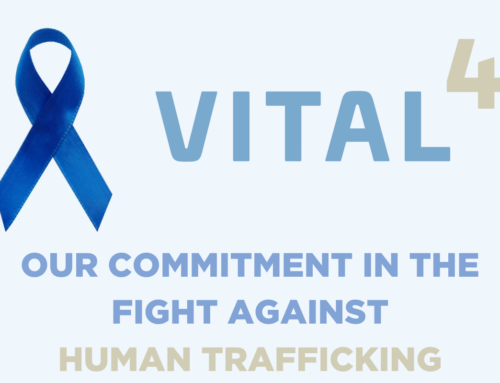Continuous criminal monitoring is as critical a step as the initial screening of employees, vendors, and other third-party relationships. Many global regulators require this additional monitoring step to meet regulatory compliance and ethical standards. As AML and KYC regulations become more stringent, it’s vital for companies to constantly be in the loop regarding the individuals and other organizations that they’re involved with.
Companies must know that best-practice risk mitigation and compliance don’t end after the initial screening. It is not hard to imagine a situation where individuals or companies easily passed the first screening but were involved in various corrupt activities that were only brought to light afterward. With sanctions, money laundering, and various other illicit activities at an all-time high, it’s vital that businesses continuously take preventive measures to reduce the legal, financial, and reputational risks of associations with the perpetrators of these. Paying costly fines, recovering from lost sales and relationships due to a damaged reputation, and disruptions in business operations are just a few of the consequences businesses can face when continuous criminal monitoring practices are not implemented. Minimizing the risk of illicit activities occurring in and around your company, in addition to staying compliant with local and international law, is essential as these requirements are critical to an organization’s overall health and success.
According to the USDOJ, prosecutors may reward efforts to promote improvement and sustainability. In evaluating whether a particular compliance program works in practice, prosecutors should consider “revisions to corporate compliance programs in light of lessons learned.” JM 9-28.800; see also JM 9-47-120(2)(c) (looking to “[t]he auditing of the compliance program to assure its effectiveness”). Prosecutors should likewise look to whether a company has taken “reasonable steps” to “ensure that the organization’s compliance and ethics program is followed, including monitoring and auditing to detect criminal conduct,” and “evaluate periodically the effectiveness of the organization’s” program. U.S.S.G. § 8B2.1(b)(5). Proactive efforts like these may not only be rewarded in connection with the form of any resolution or prosecution (such as through remediation credit or a lower applicable fine range under the Sentencing Guidelines) but more importantly, may avert problems down the line.
Unlike old-school legacy solutions, Vital4 eliminated the need for error-prone human data entry and automated the continuous monitoring process to increase the efficiency and accuracy of the information that we provide. Data is curated using machine learning, reducing the risk of false positives and delivering the key information you need to make decisions. VITAL4’s data solutions help reduce the hours spent sifting through criminal data and utilize powerful Natural Language Processing technology to find matches that were previously difficult to detect. Our solutions also generate a “relevancy score,” so the pertinence of the information presented is understandable for users. Features like this and the ability to oversee internal and external processes from a cloud-based interface sets Vital4’s data solutions apart from our competitors.
Our Vital4Crim solution delivers access to millions of records on individuals with information that ranges from Criminal Prosecution, Arrest Records, Warrant Lists, Inmate Rosters, Early Release & Parole Lists, Sex Offenders Lists, and many others. The automated process that we’ve implemented also allows for relevant data from any of these sources to be available nearly instantaneously. Start taking precautionary measures to protect your business from criminals and join the list of financial institutions, background screening organizations, legal firms, insurance, and healthcare companies that have chosen Vital4Crim as their criminal monitoring solution.




